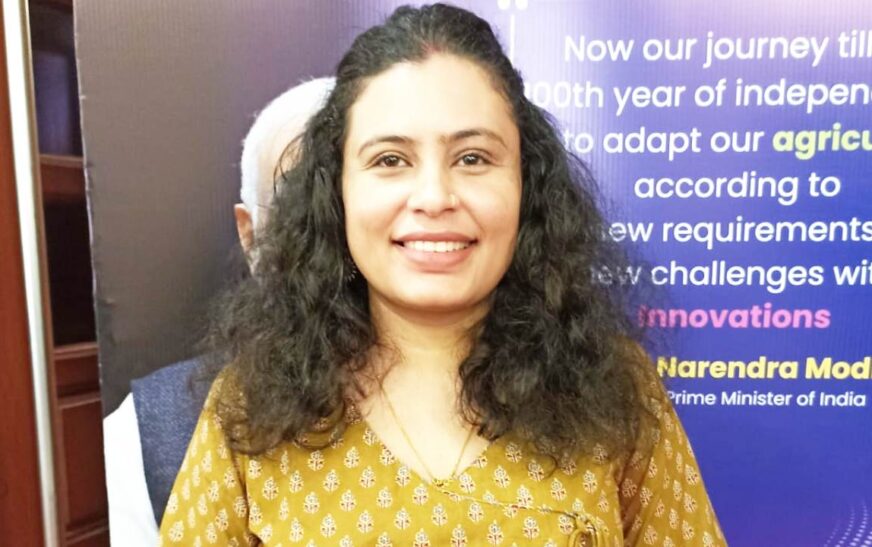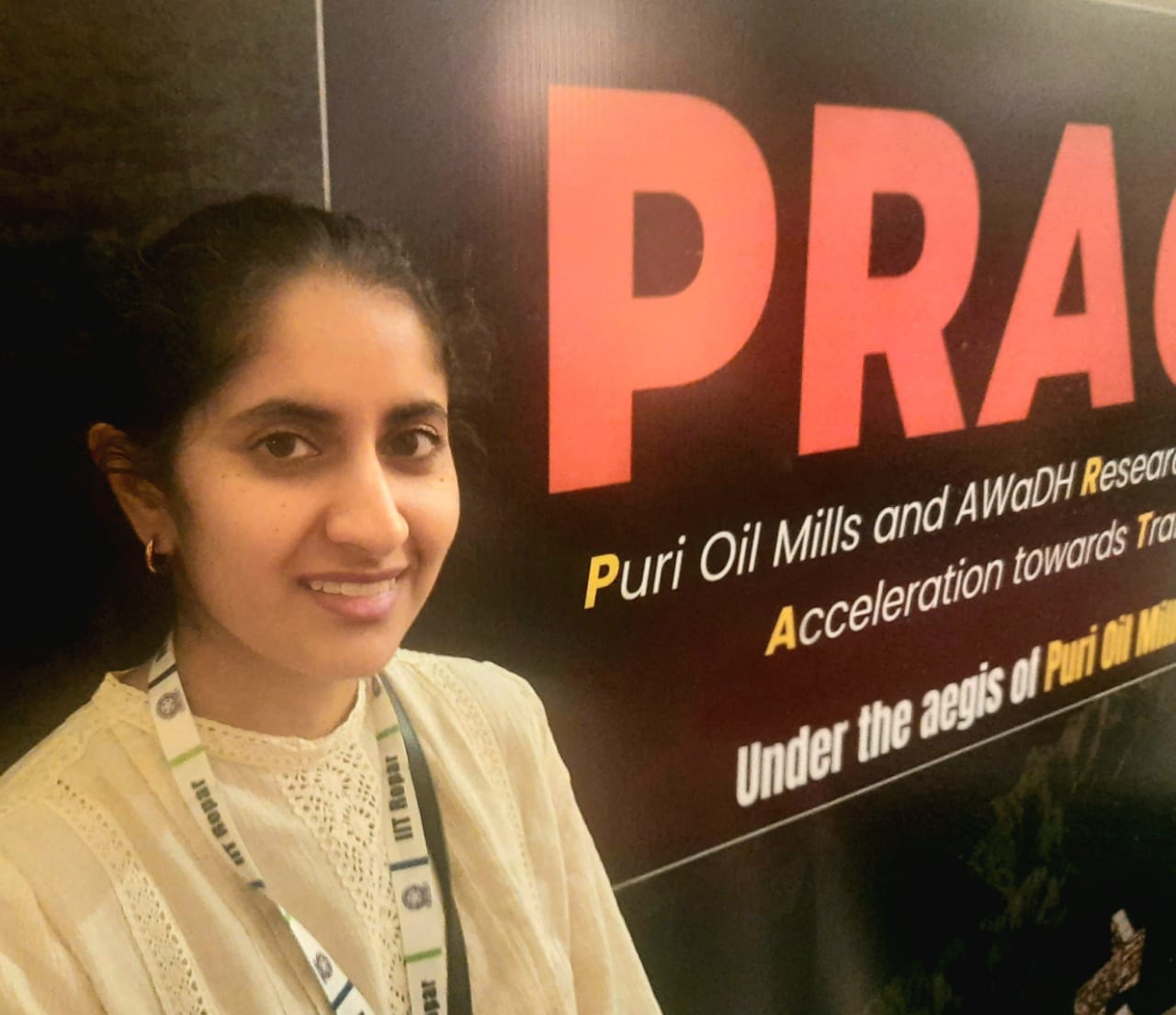India is rapidly advancing in the field of biomedical research, propelled by a dynamic ecosystem of academic institutions, agile startups, and forward-looking government initiatives. Fuelled by a surge in R&D investments and a steadily expanding cadre of highly skilled scientists, the nation is making impactful contributions to global breakthroughs in genomics, drug discovery, and personalized medicine.
Crucially, initiatives such as the National Biopharma Mission and strategic collaborations with international research organizations have fast-tracked innovation. India’s indigenous development of cost-effective diagnostics, vaccines, and medical devices is reshaping healthcare delivery—especially in underserved rural regions. The COVID-19 pandemic served as a litmus test, showcasing India’s ability to innovate at speed—from vaccine development to genomic surveillance infrastructure.
Moreover, the convergence of biomedical science with cutting-edge technologies like artificial intelligence, data science, and nanotechnology is unlocking new research frontiers. While infrastructural disparities persist in certain regions, the overarching trajectory remains decidedly upward. India’s steadfast commitment to Atmanirbhar Bharat in healthcare signals a transformative vision—one where the country not only meets its internal health demands but also positions itself as a global nucleus for biomedical innovation.
In an exclusive interaction with The Interview World at the PRAGATI Founders Forum 2025—hosted by iHub – AWaDH at IIT Ropar—Dr. Nidhi Singh, Research Fellow at the INSA-Centre for Science and Technology Policy, offers incisive insights into India’s biomedical future. She outlines the critical innovations required to propel the sector forward, reflects on the post-COVID surge in biomedical advancements, and emphasizes the strategic actions needed to enhance national capabilities. Dr. Singh also sheds light on how India can accelerate translational research and provides valuable counsel for startups navigating the biomedical landscape.
Here are the key takeaways from her thought-provoking conversation.
Q: What key innovations are most urgently needed in India’s biomedical sector, and what critical gaps still exist in the current ecosystem that hinder its growth and global competitiveness?
A: At present, India’s biomedical sector remains heavily reliant on imported advanced technologies—particularly molecular-based and CRISPR-based platforms. These cutting-edge solutions hold immense potential for addressing the country’s high disease burden. The COVID-19 crisis made this abundantly clear, with molecular diagnostics emerging as a pivotal tool in early detection and containment.
However, three pressing challenges must be addressed urgently. First, India must build domestic capabilities to develop advanced diagnostic tools and biomedical technologies. While the private sector plays a vital role, government intervention is essential at this stage to drive capability-building at scale.
Second, we must make these technologies cost-effective. Affordability remains a significant barrier in the Indian healthcare ecosystem, especially for under-resourced populations. Without aggressive efforts to reduce costs, even the most advanced innovations will fail to reach those who need them most.
Third, accessibility is key. Diagnostic tools and biomedical technologies must be designed for use in resource-limited settings—such as rural villages—where a substantial portion of the population resides. Innovation that doesn’t reach the last mile serves little purpose.
To overcome these challenges, the government must actively promote public-private partnerships. Encouragingly, many promising spin-offs are emerging from IITs and other premier institutions, fueled by a thriving startup ecosystem. These ventures demonstrate significant potential—but to scale, they require targeted support.
Specifically, we need mission-driven, need-based funding that directly addresses India’s health challenges. Additionally, strong public-private collaboration is crucial to bridge the gap between mid-level and market-ready technologies—particularly the transition from Technology Readiness Level (TRL) 6 to TRL 10. Currently, India lacks sufficient homegrown, commercially viable biomedical products.
Finally, institutional mechanisms must evolve to attract international collaboration. Global academic institutions and technology players should be engaged to mentor and support Indian deep-tech startups. As India moves toward becoming a hub for advanced biomedical innovation, such global engagement will be instrumental in accelerating progress.
Q: What significant biomedical innovations have emerged in India during the post-COVID era?
A: Post-COVID, our approach to innovation—particularly in emerging technologies—remains alarmingly naive. The pandemic has underscored a critical need for next-generation solutions rooted in CRISPR and molecular diagnostics. As the global healthcare landscape shifts away from conventional in vitro diagnostics, we must urgently embrace technologies aligned with this new paradigm.
The rise of advanced-stage cancers and other high-burden diseases demands early detection tools that are both precise and scalable. However, our current capabilities in these advanced technologies fall significantly short.
To bridge this gap, we must turn to the startup ecosystem. We urgently need startups to focus on developing cutting-edge diagnostic solutions tailored to India’s unique healthcare challenges. Only through this collaborative innovation can we ensure our preparedness for the future of medicine.
Q: What strategic steps are needed to strengthen capability building in India’s biomedical sector, and how can various stakeholders—governments, academia, industry, and startups—collaborate to drive this transformation?
A: I want to draw attention to a critical emerging discipline—Health Technology Assessment (HTA). The Ministry of Health and Family Welfare, in collaboration with ICMR, has established a dedicated HTA division. Scientists in this department actively conduct cost-effectiveness and cost-benefit analyses to evaluate medical technologies.
Their primary goal is clear: to make high-impact but currently unaffordable healthcare products accessible by aligning them with cost-effective standards. This approach is not new; countries like the UK and the US have long relied on HTA models to address the healthcare needs of large populations through evidence-based biomedical research.
India must now follow suit. Strengthening HTA and similar initiatives is essential to ensure that innovation aligns not only with clinical efficacy but also with affordability and scalability. These disciplines must take centre stage if we are to build an inclusive and sustainable healthcare system.
Q: How can translational research in the biomedical sector be accelerated in India?
A: Absolutely, when it comes to translational research, government intervention is imperative. We currently face a significant gap in converting basic research into real-world applications. Startups play a crucial role in bridging this gap, and with the right support, they can substantially strengthen our translational research ecosystem.
The Department of Science and Technology has already introduced promising initiatives—such as the NIDHI-PRAYAS scheme—which actively support early-stage startups through innovation hubs like iHub-AWaDH at IIT Ropar.
However, we need more such targeted schemes, especially those focused on advancing technologies from Technology Readiness Levels (TRL) 6 to 8. These stages are critical for product development and commercialization. Therefore, increased government support in this specific phase will significantly enhance the startup ecosystem and accelerate the journey from lab to market.
Q: What key advice would you offer to startups focused on biomedical research in India?
A: Startups must prioritize addressing society’s most pressing challenges. While I understand that startups operate within the ecosystem primarily to build their businesses, true success comes only when they tackle real societal problems.
Therefore, my advice to the startup ecosystem is clear: focus on India’s urgent needs. By doing so, startups can emerge as a powerful, purpose-driven force that effectively meets the country’s critical challenges and drives meaningful impact.









